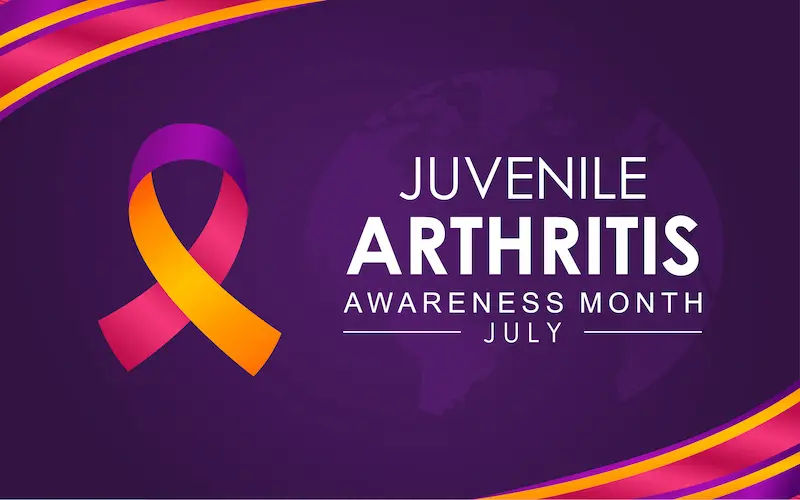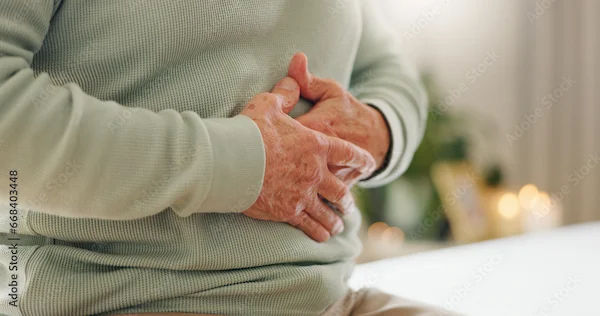Understanding Trypophobia and Its Management
Learn about trypophobia, a fear or discomfort triggered by clusters of small holes or patterns. Understand its symptoms, possible causes, effects on health and explore effective ways to manage this condition.

Written by Dr. M L Ezhilarasan
Reviewed by Dr. D Bhanu Prakash MBBS, AFIH, Advanced certificate in critical care medicine, Fellowship in critical care medicine
Last updated on 22nd Aug, 2025

Introduction
Have you ever felt uneasy, anxious, or even disgusted when looking at clusters of small holes, bumps, or patterns? If so, you might have experienced trypophobia, a strong aversion or fear of irregular patterns, holes, or textures. While not officially recognized as a mental disorder, this condition affects many people and can cause significant discomfort.
In this article, we’ll explore what trypophobia is, its symptoms, possible causes, and how you can manage it effectively.
What Is Trypophobia?
Trypophobia is an intense fear or disgust triggered by seeing or thinking about clustered holes, bumps, or patterns. Common triggers include:
- Honeycombs
- Lotus seed pods
- Bubble wrap
- Sponges
- Strawberries
- Certain skin conditions (like chickenpox or insect bites)
People with trypophobia may feel anxious, nauseated, itchy, or even panicked when exposed to these patterns.
Consult a Psychologist for the best advice
Symptoms of Trypophobia
Trypophobia can cause both emotional and physical reactions, such as:
- Anxiety or panic
- Disgust or discomfort
- Goosebumps or itching
- Sweating or rapid heartbeat
- Nausea or dizziness
- Avoidance of triggers (e.g., not eating certain foods or avoiding certain places)
These reactions vary from person to person; some may feel mild discomfort, while others experience severe distress.
What Causes Trypophobia?
The exact cause is unclear, but researchers suggest a few possibilities:
1. Evolutionary Response – Some scientists believe trypophobia may be an instinctive reaction to patterns resembling dangerous things (like venomous animals or infectious skin conditions).
2. Brain’s Visual Processing – The brain may struggle to process clustered patterns, leading to discomfort.
3. Past Trauma or Negative Associations – A bad experience (e.g., a skin infection or insect bites) might trigger the fear.
While not officially classified as a phobia, trypophobia can still impact daily life if severe.
How Does Trypophobia Affect Health?
For some, trypophobia is just a mild annoyance. However, in severe cases, it can lead to:
- Increased stress and anxiety
- Avoidance behaviours (missing out on activities due to fear)
- Sleep disturbances (if images or thoughts persist)
If your fear is affecting your quality of life, seeking help can make a difference.
Managing Trypophobia: Tips and Strategies
While there’s no "cure" for trypophobia, you can manage it effectively with these approaches:
1. Gradual Exposure Therapy
- Slowly expose yourself to triggering images in a controlled way.
- Start with less intense patterns and gradually increase exposure.
- This helps reduce fear over time.
2. Relaxation Techniques
- Deep breathing – Helps calm anxiety.
- Mindfulness meditation – Focuses on staying present rather than reacting to fear.
- Progressive muscle relaxation – Reduces physical tension.
3. Cognitive Behavioural Therapy (CBT)
- A therapist can help reframe negative thoughts about trypophobia.
- CBT teaches coping mechanisms to reduce fear responses.
4. Limit Exposure to Triggers
- Avoid unnecessary exposure to triggering images.
- Use browser extensions to block trypophobia-related content.
5. Seek Professional Help
- If trypophobia severely impacts your life, consult a psychologist or psychiatrist.
- Therapy or medication (for extreme anxiety) may be recommended.
When to See a Doctor?
It’s time to seek professional support if your fear:
- Causes panic attacks
- Leads to avoiding daily activities
- Affects work, relationships, or mental health
Final Thoughts
Trypophobia is a real and distressing condition for many people, but it can be managed with the right strategies. Whether through therapy, relaxation techniques, or gradual exposure, you can reduce its impact on your life.
Consult a Psychologist for the best advice
Consult a Psychologist for the best advice

Miss. Vaishnavi Sankeshwar
Psychologist
5 Years • Msc Clinical Psychology
Bengaluru
Apollo Clinic, JP nagar, Bengaluru

Ms. Gunjan Arya
Psychologist
4 Years • MA Psychology
Delhi
Psych Therapy By Gunjan Arya, Delhi

Ms. Sapna Zarwal
Psychologist
20 Years • Msc (Applied Psychology), Ph D ( Special Education)
Gurugram
SOOTHING ZEN, Gurugram
(25+ Patients)

Ms. Meenu Sharma
Psychologist
11 Years • PhD (Applied Psychology), MA (Applied Psychology),PG Diploma in Rehabilitation Psychology
Noida
Dr Meenu Sharma Clinic, Noida
(75+ Patients)

Ms. Monalisa Kha Bhaduri
Psychologist
12 Years • MA Psychology
Kolkata
Ms Monalisa Kha Bhaduri's Clinic, Kolkata
(225+ Patients)
Consult a Psychologist for the best advice

Miss. Vaishnavi Sankeshwar
Psychologist
5 Years • Msc Clinical Psychology
Bengaluru
Apollo Clinic, JP nagar, Bengaluru

Ms. Gunjan Arya
Psychologist
4 Years • MA Psychology
Delhi
Psych Therapy By Gunjan Arya, Delhi

Ms. Sapna Zarwal
Psychologist
20 Years • Msc (Applied Psychology), Ph D ( Special Education)
Gurugram
SOOTHING ZEN, Gurugram
(25+ Patients)

Ms. Meenu Sharma
Psychologist
11 Years • PhD (Applied Psychology), MA (Applied Psychology),PG Diploma in Rehabilitation Psychology
Noida
Dr Meenu Sharma Clinic, Noida
(75+ Patients)

Ms. Monalisa Kha Bhaduri
Psychologist
12 Years • MA Psychology
Kolkata
Ms Monalisa Kha Bhaduri's Clinic, Kolkata
(225+ Patients)




